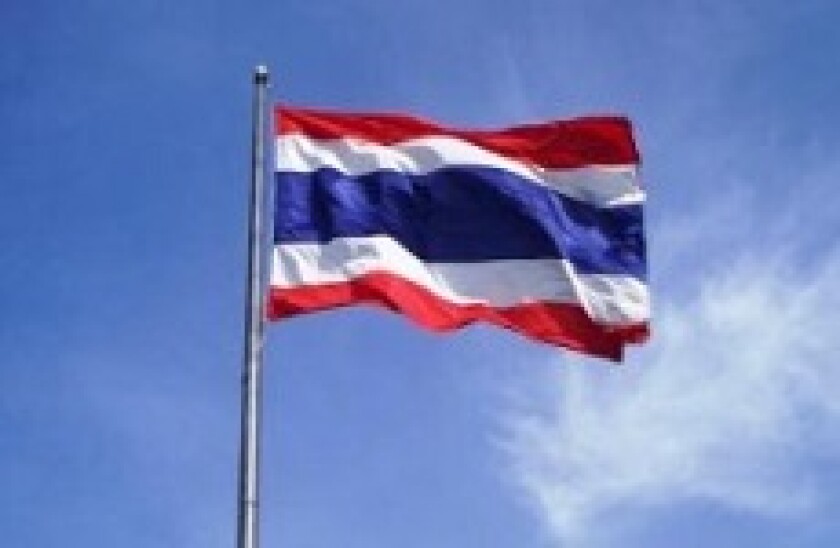The regulator got the ball rolling in July last year, and local market participants are excited about the prospect of introducing foreign names to the stock exchange.
A banker at a Thai securities firm said that although the rules were still to be finalised, those keen to broker deals had been actively reaching out to potential candidates in Asia.
“This is the first time Thailand is allowing primary, secondary and dual listings on the SET,” he said. “The goal is to internationalise the bourse and give local investors some downside protection in case Thailand goes through a slump.”
Thailand is not alone in its yearning for more volume on its stock exchange. The regulators of three countries, including Thailand’s, this week signed a memorandum of understanding to harmonise standards for capital market access in the region.
SEC, Securities Commission Malaysia, Monetary Authority of Singapore and Singapore Exchange (SGX) agreed a framework that promises a shorter time to market and faster access to capital for issuers looking to offer equity or vanilla debt securities on those three markets.
The appeal of the Thai stock market is down to its liquidity and the huge participation from retail investors, with twice the trading value of Singapore and some one million retail trading accounts, say local bankers.
In February, the SET posted daily average turnover of Bt53.58bn ($1.66bn), data from the stock exchange showed. And it can lay claim to hosting the biggest IPO to price so far this year in Asia ex-Japan ex-onshore China, according to Dealogic — Jasmine Broadband Internet Infrastructure Fund’s Bt36.67bn ($1.13bn) listing.
China will be ripe with opportunities once the rules are firmed up, said the banker at the securities firm.
“Chinese companies will list anywhere if they can’t list in Hong Kong or China, due to the huge backlog,” he said.
Pipeline growing
Bankers are hoping Thailand will not delay introducing the rules any longer. One Bangkok-based banker said he had lost one candidate in the form of China-based Snowbird, which had been eyeing a secondary listing in Thailand, only to decamp to Singapore as it could not wait for the new regulations to come out.
Frankfurt listed Snowbird, a maker of down textiles, is planning to raise between $40m-$60m on the SGX via a follow-on offering in the second half of this year.
Chinese names aside, bankers see potential in the Greater Mekong countries of Cambodia, Laos, Myanmar and Vietnam, whose capital markets are less mature than Thailand’s.
But while the Mekong region may seem like a natural base for Thailand, the banker at the securities firm said that path may face resistance from domestic stock exchanges in those countries, which will want to defend their own markets.
“Laos launched its stock exchange not long ago, in 2011, so they won’t be too happy letting Laotian companies go elsewhere,” he pointed out. “But since Laotians do not have a high savings or deposit rate, Thailand is still a good option.”
And at this stage, Thailand’s regulators should not be tempted to loosen the reins too far and too fast, in order to avoid what happened with the SGX, reckons another banker.
Singapore opened its market to Chinese firms, spurring a deluge of so-called S-Chips, or Singapore-listed firms with operations in China. A series of scandals involving S-Chips then followed, sinking share prices across the board.
“The last thing we want is a repeat of the S-Chip cycle in Thailand, just as the market is poised to open up,” said the banker.

